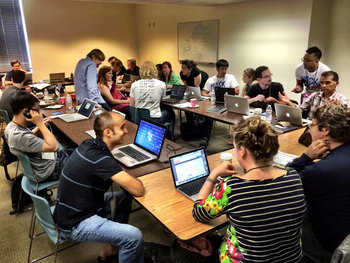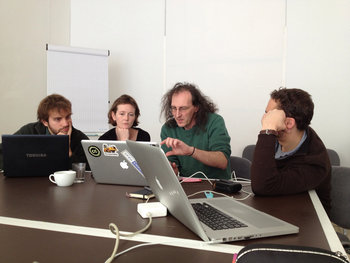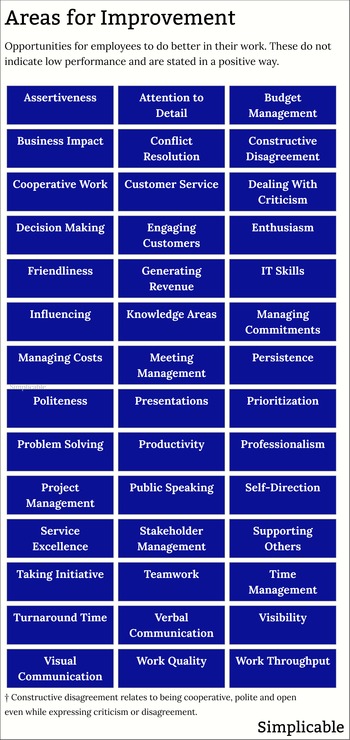|
| |
Corporate memory is the ability of an organization to retain information to improve strategy, decision making, problem solving, operations and design. An organization with low corporate memory is doomed to repeat the same mistakes and reinvent things repeatedly in a costly loop. The following are the basic components of corporate memory.The abilities and knowledge of your employees. Generally speaking, when people leave corporate memory is lost. That is to say that there is always information that isn't transfered or retained such as tacit knowledge and situational knowledge. For example, a salesperson who has figured out an effective method for selling to a particular executive might be unlikely to communicate the approach to someone who could replicate it.
Data designed to be consumed by people. For example, a design document or a training video. It is common for knowledge workers to produce copious amounts of documentation that is archived in a tool such as a knowledge management platform. It is also common for such information to go to waste or for similar documentation efforts to be repeated many times.Information designed to be consumed by machine. Automation and decision support based on databases is a type of corporate memory that survives employee turnover. In some cases, replacing systems and changing processes results in data going dark.The norms, habits and expectations of a firm. As with the culture of a nation, this is rooted in history and serves as a stabilizing force that doesn't easily change.|
Type | | Definition | The ability of an organization to retain information to improve and prevent duplication of effort. | Also Known As | Organizational Memory | Related Concepts | |
Knowledge Management
This is the complete list of articles we have written about knowledge management.
If you enjoyed this page, please consider bookmarking Simplicable.
An overview of knowledge management with examples.
An overview of information pollution.
The difference between lost and wasted organizational knowledge.
An overview of knowledge velocity.
The common types of artifact.
A definition of knowledge measurement with examples.
The common types of knowledge discovery.
The common types of document quality.
The definition of knowledge with examples.
An overview of organizational culture with examples.
An overview of organizational change fatigue.
A few basics of disability etiquette.
An overview of cosmopolitanism.
Types of significant failure at the organizational level.
A definition of onboarding with examples.
A definition of principles with business examples.
An overview of bozo explosion.
A definition of organizational capital with examples.
TrendingThe most popular articles on Simplicable in the past day.
Recent posts or updates on Simplicable.
Site Map
© 2010-2023 Simplicable. All Rights Reserved. Reproduction of materials found on this site, in any form, without explicit permission is prohibited.
View credits & copyrights or citation information for this page.
|





























